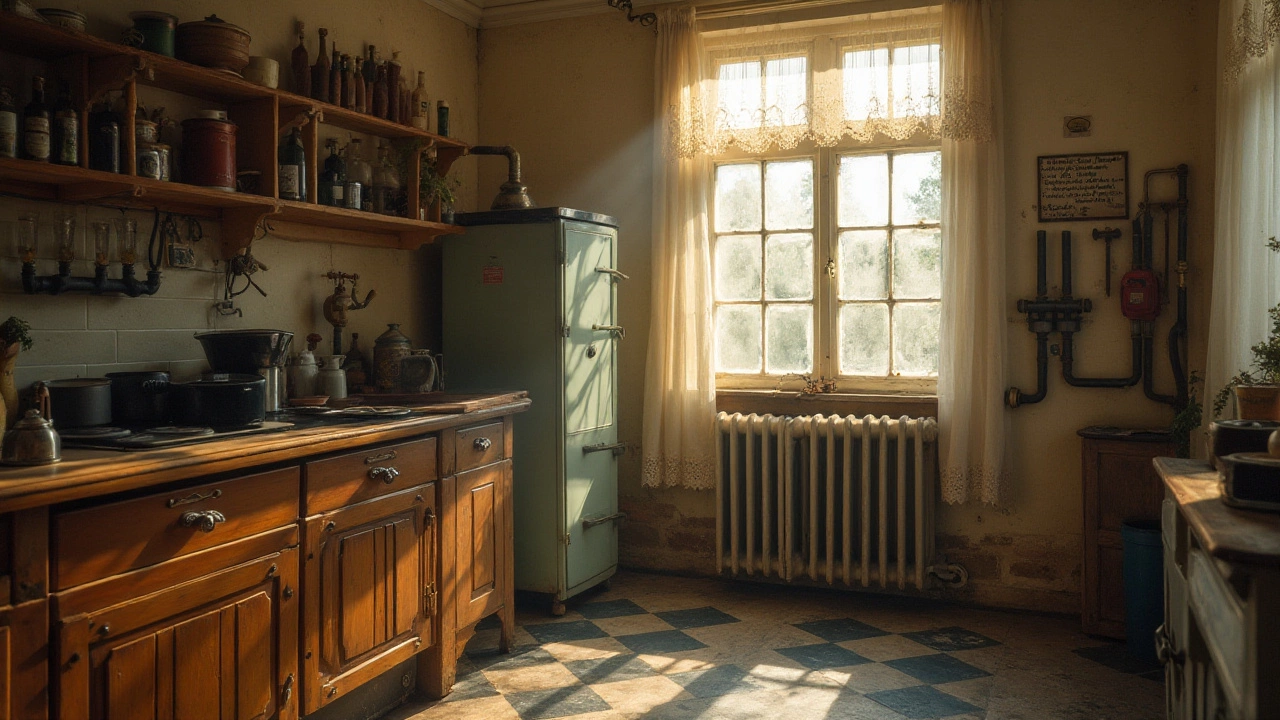Repair Worthiness: Quick Guide to Fixing or Replacing Your Appliance
Got a fridge that hums but won’t cool? A washer that leaks every cycle? Before you call a pro or toss the unit, ask yourself a few simple questions. The goal is to know if the repair will pay off or if you’re just pouring money into a dying gadget.
Check the Age and Expected Lifespan
Every appliance has a typical life span. A good fridge lasts 10‑15 years, a washer about 12‑15, and a microwave around 8‑10. If your unit is well within that window, a repair is often sensible. If it’s past the average age, weigh the cost of fixing against the likely remaining years. A cheap fix on a 20‑year‑old oven might only give you another year or two – not worth it.
Cost vs. Replacement Price
Pull out the repair quote and compare it to the price of a new model. A common rule is the 50 % rule: if the repair costs more than half the price of a comparable new appliance, consider replacement. Remember to add delivery, installation, and the hassle of packing out the old unit.
Also look at the part that’s broken. Some parts, like compressor seals or control boards, are pricey and often signal bigger problems. Other parts, such as a broken door seal or a burnt-out heating element, are cheap and easy to replace, making the repair a clear win.
Energy Efficiency and Future Bills
Older appliances usually guzzle more electricity. Even if a repair costs 40 % of a new unit, a newer, Energy‑Star model could save you £50‑£100 a year on power bills. Over a five‑year period that adds up and can tip the balance toward buying new.
Safety First
If the issue involves gas, electricity, or water leaks, safety overrides cost. A cracked gas line or a faulty water heater thermostat can cause serious hazards. In those cases, replacement or professional replacement is the safest route.
How to Do a Quick DIY Test
Before you call anyone, try a basic check. Unplug the appliance, wait a minute, then plug it back in. Listen for unusual noises, watch for error codes, or feel for abnormal heat. A quick visual inspection can spot loose wires, burnt smells, or broken seals. If you find a clear, easy fix, you might save a call‑out fee.
When you’ve gathered the age, repair cost, replacement price, energy impact, and safety factors, you’ll have a clear picture. Write down the numbers, compare them, and you’ll see whether fixing or replacing makes sense.
Bottom line: don’t let a repair quote alone decide your fate. Look at the whole story – age, cost, efficiency, and safety – and you’ll avoid paying for a quick fix that just delays an inevitable replacement.
25 October 2024
·
0 Comments
Deciding whether to repair a 20-year-old water heater is a crucial financial and functional decision for homeowners. While the nostalgia and rugged construction of older models are appealing, aging components tend to be less efficient and could lead to unexpected costs. This article discusses the common problems these aging heaters face, potential repair costs, longevity expectations, and signs that indicate it's time to replace the water heater. Ultimately, understanding these factors will help homeowners make an informed decision about whether to repair or replace their old water heater.
Read more


